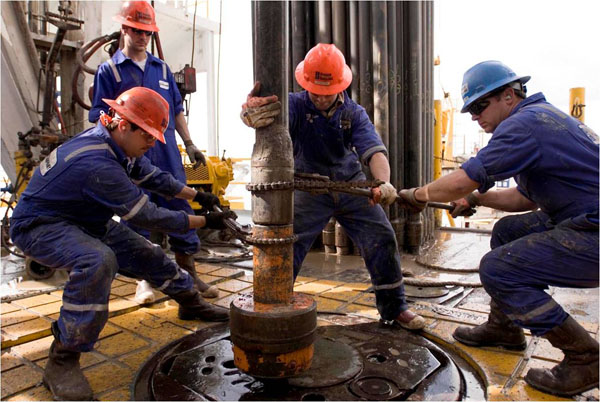- N’Assembly Approves MTEF, Raises Oil Benchmark to $44.5
The two chambers of the National Assembly on Wednesday finally approved the revised version of the 2017-2019 Medium Term Expenditure Framework and Fiscal Strategy Paper.
The Senate approved all the critical projections in the MTEF/FSP as proposed by the executive, except the oil benchmark, which was increased to $44.5 a barrel from the proposed $42.5.
By the provision of the Fiscal Responsibility Act, 2007, the MTEF must first be approved by the legislature before the budget is considered and passed.
Wednesday’s approval of the MTEF/FSP meant that the Senate and House of Representatives would open debate on the budget as planned on January 24.
The Senate adopted the proposals as recommended by its joint Committee on Finance, Appropriations and National Planning in its report, which was presented to the lawmakers at Wednesday’s plenary.
President Muhammadu Buhari had in October 2016 sent the MTEF/FSP to the Senate to serve as the foundation for the 2017, 2018 and 2019 national budgets.
The President had also on December 15 last year presented the 2017 Appropriation Bill to the National Assembly, with a total estimate of N7.298tn. The legislature has yet to work on the budget due to the delayed passage of the MTEF/FSP.
Deputy President of the Senate, Senator Ike Ekweremadu, who presided over Wednesday’s plenary, described the passage of the document as a very important step towards the passage of the 2017 budget proposal.
He said, “Hopefully, if we pass this MTEF/FSP, we will be in the position to comment on the consideration of the 2017 budget proposal by next week. It is, therefore, important that we conclude the discussion on this subject and ensure that it is passed today.
“Having listened to the comments, it appears to me that the only area that needs to be emphasised is the issue of the exchange rate. We are worried with the huge gap between the parallel market and the official market, and as it has been said by the Chairman of the Appropriations Committee that the Central Bank of Nigeria needs to do something about it, because it is one thing that is breeding corruption.
“We must find a way of bridging that gap and also stabilise the exchange rate so that investors can do their own forecast in terms of their investments. We believe that something needs to be done in the area of the exchange rate.”
The committee, in its report, recalled that daily oil production had been projected to average 2.2 million barrels per day, 2.3mbpd and 2.4mbpd for 2017, 2018 and 2019, respectively.
On the oil benchmark price, the report noted that the price of crude oil in the international market fell to as low as $25 per barrel mid-January 2016, with an increase to more than $50 per barrel in October of the same year.
The committee also said while it approved the projected exchange rate of N305 per dollar for the 2017 fiscal year, “a judicious monetary fiscal policy mix and deliberate government policies to expand the productive base of the economy will be expedient to improve the exchange value of the naira relative to the dollar.”

 Forex2 weeks ago
Forex2 weeks ago


 Naira2 weeks ago
Naira2 weeks ago
 Naira4 weeks ago
Naira4 weeks ago
 Company News4 weeks ago
Company News4 weeks ago
 Billionaire Watch1 week ago
Billionaire Watch1 week ago




 Naira2 weeks ago
Naira2 weeks ago




 Naira4 weeks ago
Naira4 weeks ago




 Naira1 week ago
Naira1 week ago






















